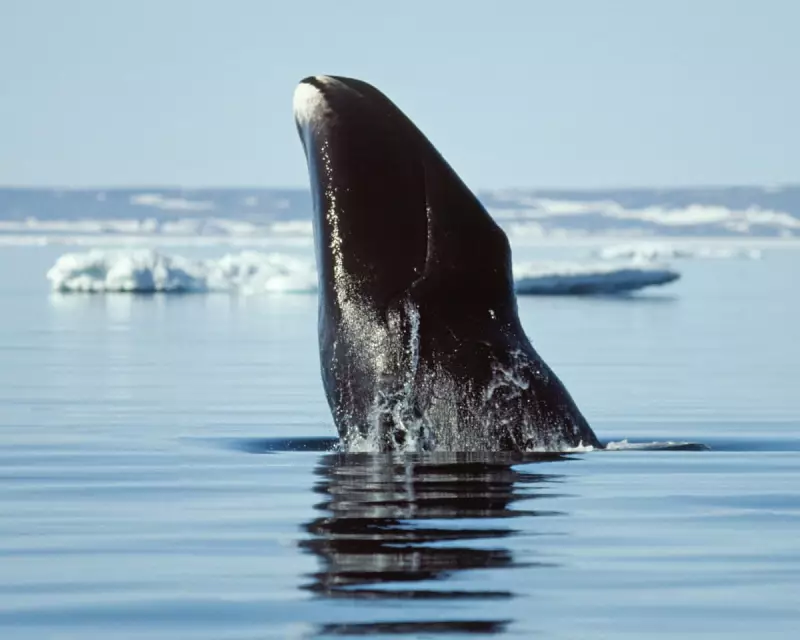
In the icy waters of the Arctic, nature holds one of its most remarkable secrets: the bowhead whale, a majestic creature that routinely lives for more than two centuries. Now, scientists are discovering that this extraordinary longevity might contain vital clues for slowing human ageing.
The Ancient Mariners of the Arctic
Bowhead whales are truly exceptional beings. While most large mammals have relatively predictable lifespans, these Arctic giants defy conventional biological rules. "We've found individuals that were alive during the Napoleonic Wars," explains Dr Maria Rodriguez, a leading marine biologist. "Their ability to resist age-related diseases is nothing short of miraculous."
Unlocking Cellular Secrets
Researchers are particularly fascinated by the whales' DNA repair mechanisms. Unlike humans, whose cells accumulate damage over time, bowheads possess supercharged cellular repair systems that maintain their health well into old age.
Key discoveries include:
- Enhanced DNA damage response mechanisms
- Superior cancer resistance compared to other mammals
- Unique cellular regeneration capabilities
- Advanced protein maintenance systems
From Whale to Human: The Medical Potential
The implications for human medicine are profound. Scientists at the Longevity Research Institute are already studying how these biological mechanisms might be adapted for human therapies. "We're not suggesting people will live for 200 years," clarifies Dr James Chen, lead researcher. "But we could potentially delay the onset of age-related conditions like Alzheimer's, arthritis, and cardiovascular disease."
The Future of Ageing Research
As research continues, the scientific community is buzzing with excitement. The bowhead whale study represents a paradigm shift in how we approach ageing – not as an inevitable decline, but as a biological process that might be modified.
"This research could fundamentally change our approach to healthy ageing," says Professor Sarah Wilkinson, who was not involved in the study. "We're looking at potentially adding healthy years to human life, not just extending decline."
While treatments based on this research are still years away, the bowhead whale has already taught us one valuable lesson: when it comes to understanding ageing, we still have much to learn from nature's oldest inhabitants.





